While this year’s Tour de France moves through the month of July it is not surprising that a doping controversy has again marred the race, although it involves someone not actually at the race this year – the most successful American to ever have raced, Lance Armstrong. Even though he is retired from professional cycling he is currently preparing for an an anti-doping arbitration hearing before the United States Anti Doping Association (USADA).
It was reported through a Dutch news source that the previously anonymous witnesses have been named publicly, and that their testimony has come at the price of a minimal, pre-arranged time of suspension as they will admit to doping in the past. While none of this has been officially confirmed by USADA or the people involved, it does bring up a very interesting concern which has been raised over the years – the high potential for witnesses intimidation. In law enforcement, witness intimidation against victims and witnesses is a real concern and goes along with the phenomenon known as “Stop Snitching.” Keeping both of these ideas in mind it prompted me to explore how this could potentially work to his advantage in the Lance Armstrong case, and how, if this was leaked by a member of the Armstrong camp, they will be hoping this “Stop Snitching” mentality might work in their favor.
Throughout the criminal investigation against Lance Armstrong which was eventually dropped, witnesses were kept anonymous not only in accordance with Grand Jury rules and laws, but also owing to the very real possibility of witness intimidation and even tampering, which was a very high concern to investigators. During investigations and cases it is important that testimony be provided truthfully without fear of retaliation and threats in order to ensure the proper verdict and that justice is obtained.
Testifying in a hearing is a necessary part of the job for investigations and for the law enforcement community, but for those who have never done it, it can be an extremely stressful and intimidating experience in and of itself. Intimidation of potential witnesses is done for no other reason than to ensure whatever information they will provide does not get introduced. If someone is truly innocent with nothing to hide and wants to be vindicated, why would they, or anyone associated with them, wish to prevent testimony? I have witnessed this type of behavior in my career and it is something you never wish on anyone. This case, however, goes into an even deeper concept which most fans already recognize in cycling, that of the omerta, or as I will now explain as “stop snitching.”
If you live in the United States and follow rap and hip hop music or even inner city culture, you’ll know that the “Stop Snitching” phenomenon is very widespread. It originally started in Baltimore, Maryland, to prevent witness and victim cooperation with police during investigations. Sadly, this “stop snitching” culture has grown into a popular concept with t-shirts, as well as many hip hop artists saying they don’t ever want to be labeled as a snitch.
Anyone who has followed professional cycling knows this is a usual occurrence in cycling, but it is clear that whoever leaked the names of the possible witnesses clearly hopes that the “Stop Snitching” culture in America will further send a message for them to “rethink” their motivations about testifying in the Armstrong case in the upcoming arbitration hearing.
I do not believe that any of the ten “anonymous” witnesses are in danger of physical harm from testifying, but what about the potential for mental and emotional harm? Social media has become a gateway for fans and critics to express themselves, and clearly riders pay attention as evidenced by Bradley Wiggins’ “wankers” comments a few days ago in response to press questions about doping perceptions on Twitter. After I read the story I thought, “Wow, he does read Twitter.” Given the amount of attention that’s been paid to holding his form so long, I am sure that all of these comments had finally led to his explosion to the media. Whether or not his comments were justified, it reminds us that comments in social media are taken into account by riders. Given the massive amount of followers and loyal fans Lance Armstrong has, he knows that it can be used to his advantage in the coming months.
Lance Armstrong and his altger-ego Juan Pelota are very active on Twitter, making statements – many of them inflammatory and nonfactual (#unconstitutional?) – in order to muddy the message in the case against him.
Wow. @usantidoping can pick em. Here’s (tinyurl.com/cgxmzwq) 1 of 3 Review Board members studying my case. #protectingcleanathletesandpervs
— Lance Armstrong (@lancearmstrong) June 29, 2012
@ZimmermanAnna says the woman who is “twitter stalking” the peloton.
— Juan Pelota (@juanpelota) July 3, 2012
Armstrong’s most recent tactic of enlisting political support in the form of intervention by Rep. James Sensenbrenner questions the motives, authority, and jurisdiction of the USADA. Lance has now made it clear that he knows “who” many of the witnesses are against him and in turn can allow his fans to express their “feelings” against those riders/witnesses.
Wiggins exploded under accusations by anonymous people on Twitter, many of whom are probably not fans of his, so imagine the amount of vile comments from possibly millions of people around the world? Clearly, they aren’t physical threats, but in age where the Internet and social media are so attached to our lives, how can riders avoid the toll these comments might take? Or, given the upcoming stage races in the United States (Colorado and Utah), do you think the outed witnesses might be given friendly “reminders” from those who attend these races about the consequences of testifying against Lance?
Also, given the allegations of corruption from the UCI in the past in dealing with Armstrong, and Pat McQuaid’s less-than enthusiastic attidue about this case, one can be led to believe that the UCI may threaten the witnesses with high suspension for their admissions of doping by appealing their agreed-upon sentence to the CAS. The UCI’s record of appealing any doping suspension of less than two years to the CAS may also weigh on the minds of the “anonymous” witnesses and will also serve as another intimidation method against them. All this will build up slowly but surely against them as the months progress towards the arbitration hearing in November.
The idea of witness intimidation is a very real threat to witnesses in hearings, including arbitration hearings like we shall see with Lance Armstrong. None of the witnesses are likely to be threatened with any physical harm or violence, and if they are then the appropriate authorities will act swiftly and accordingly. However, given the incredible rise in popularity of Twitter and other social media outlets, the possibility of emotional and psychological intimidation is very real for the “anonymous” witnesses.
It’s been argued that emotional and psychological bullying and intimidation is worse than physical. The simple fact that their names are now “out there” will also make them the targets of the ignorant who will criticize their supposed “lack of punishment” for cooperating and testifying, or disdain and criticism by those fans who believe they should just “keep their mouths shut and move on,” or even the fanboy condemnation of “how dare they go after someone who has done so much for cancer.”
Whether it is right or wrong, it goes to show that this is something that the witnesses are going to have to endure on a near-daily basis until the case is finally adjudicated. It is hard to stand up for truth and justice and do the right thing, but no one has ever said doing the right thing is easy.

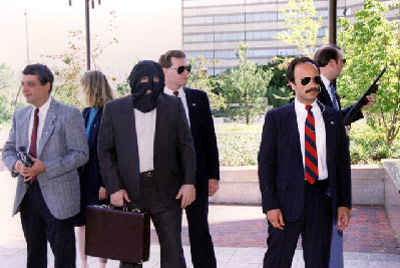









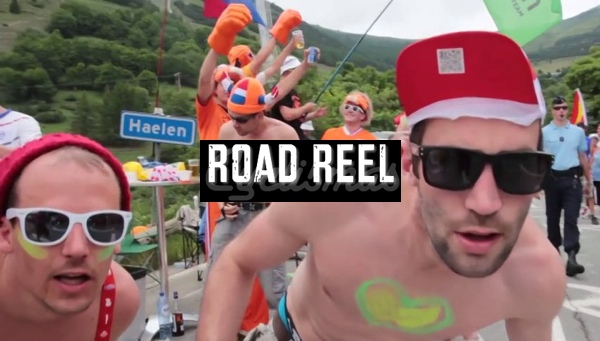
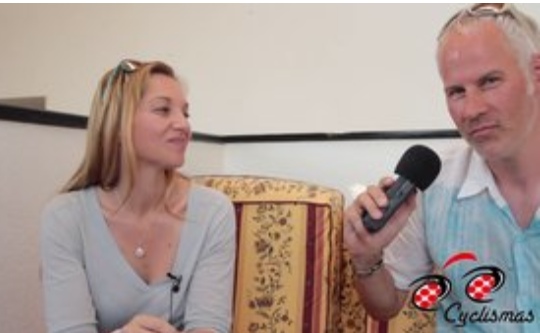
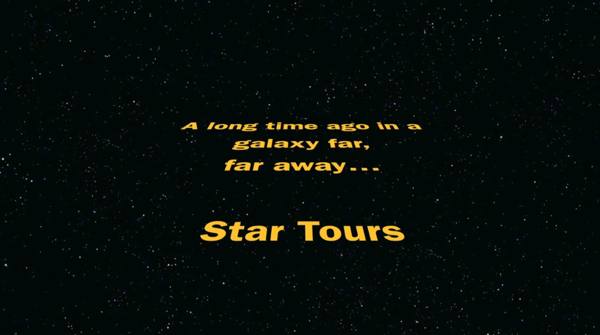
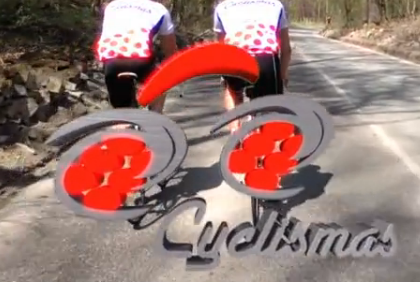

No Comments